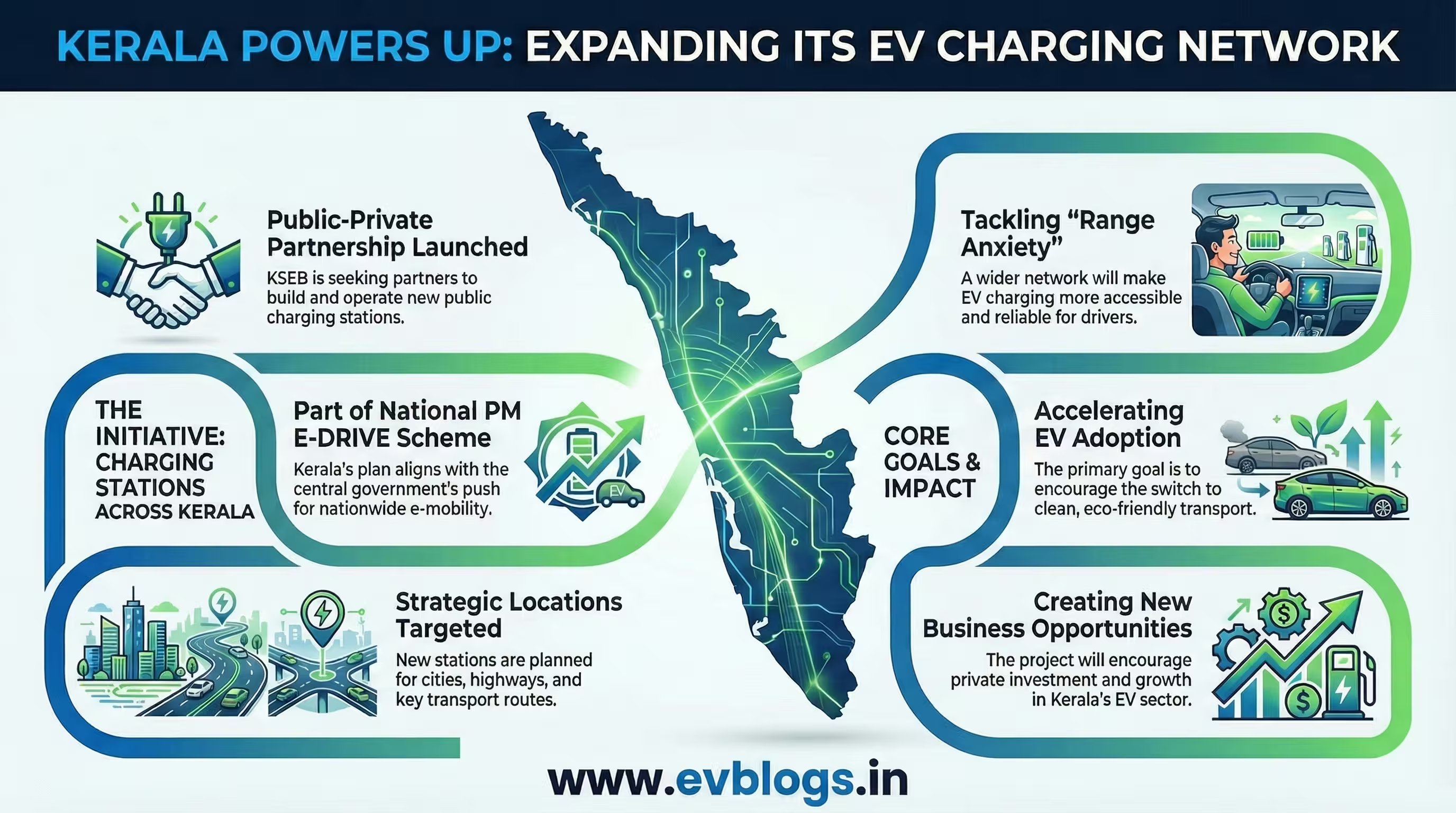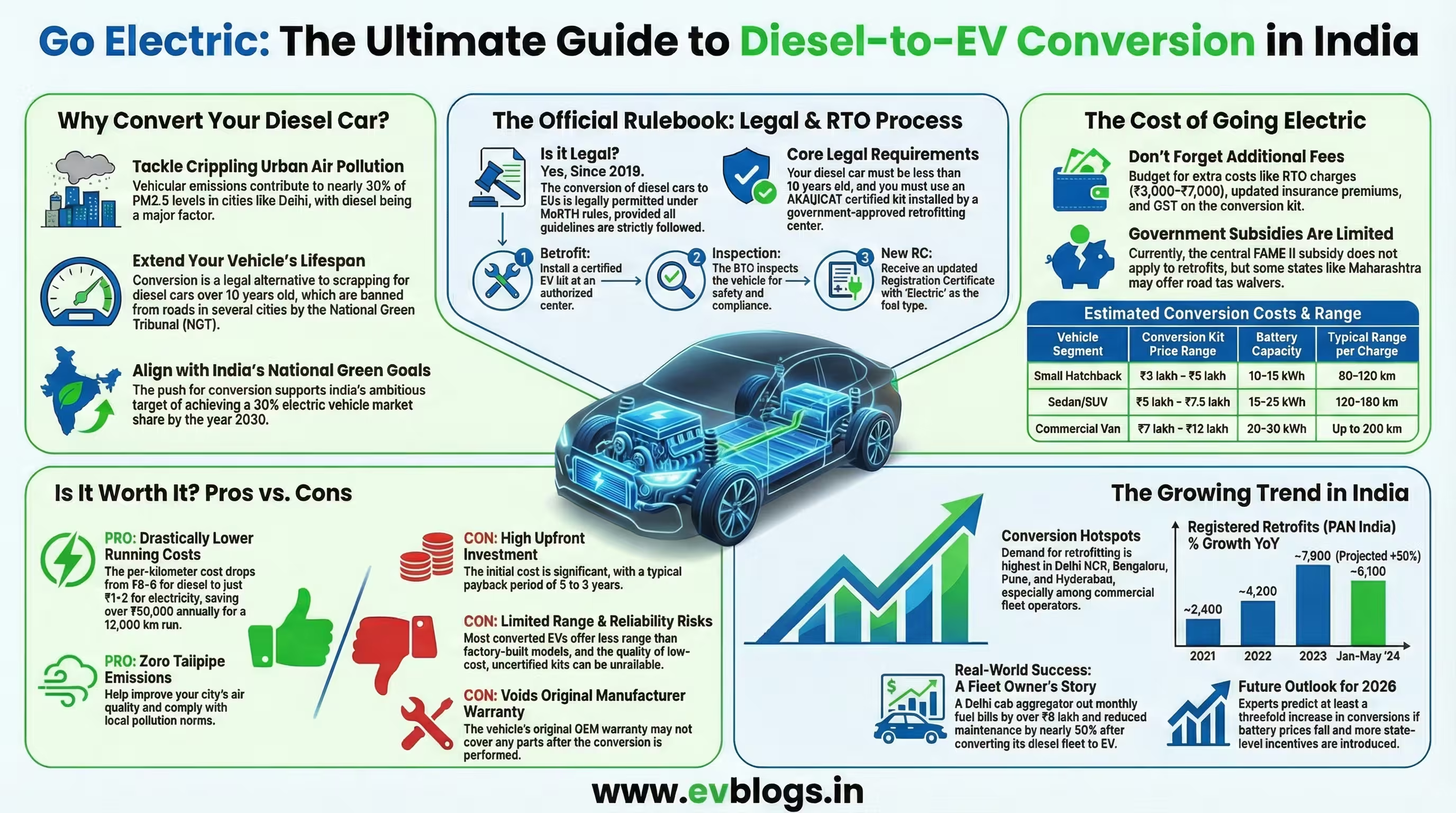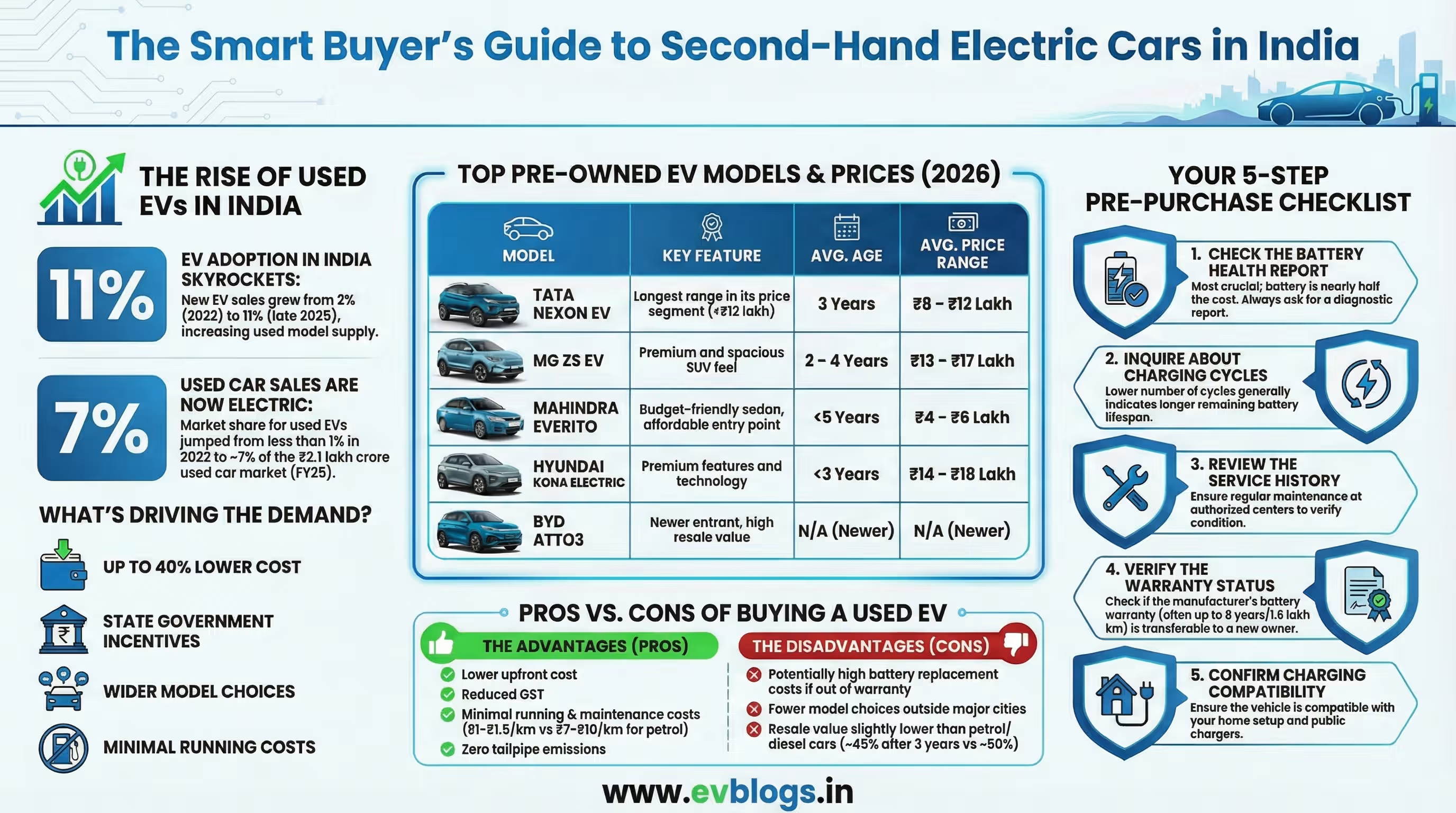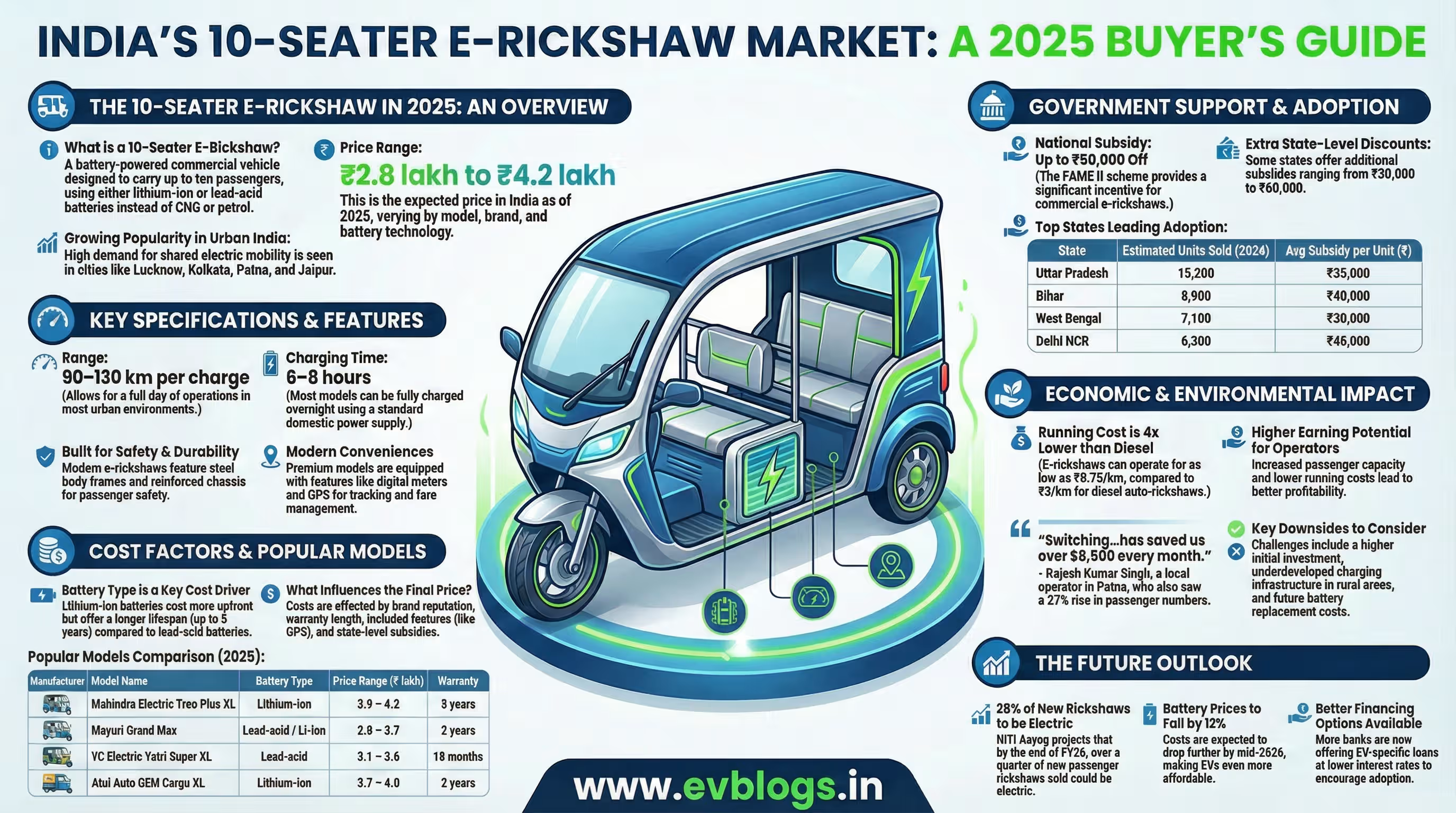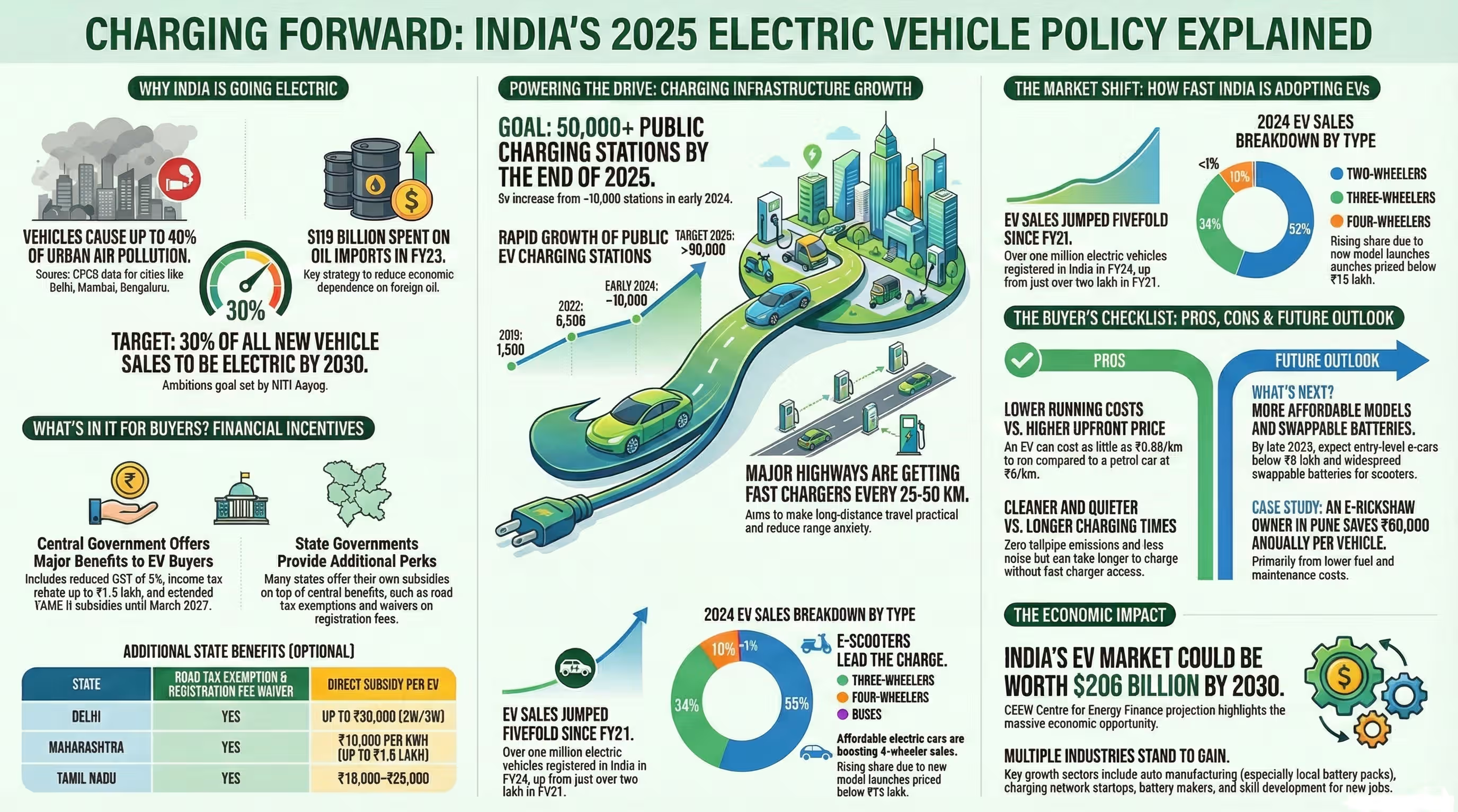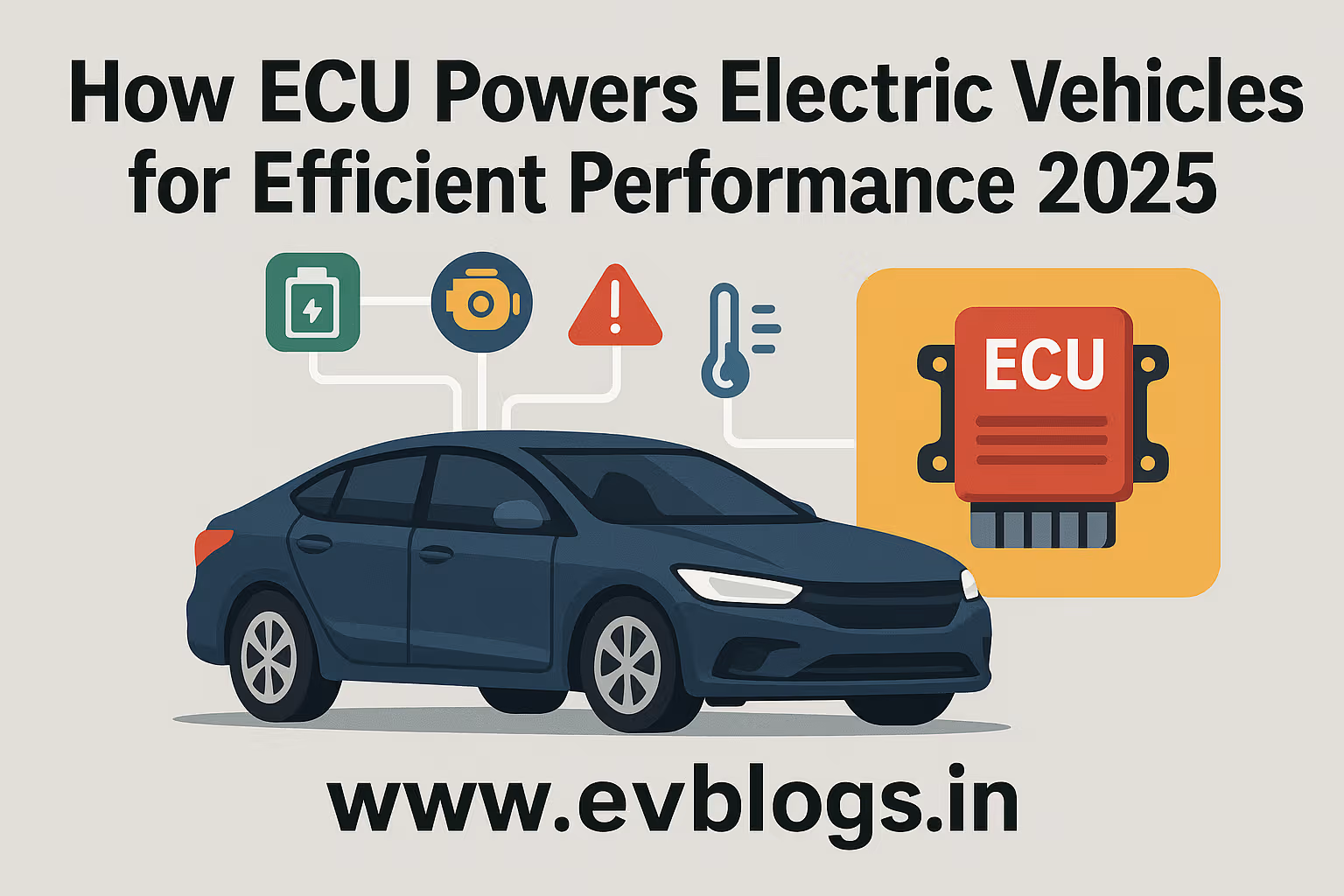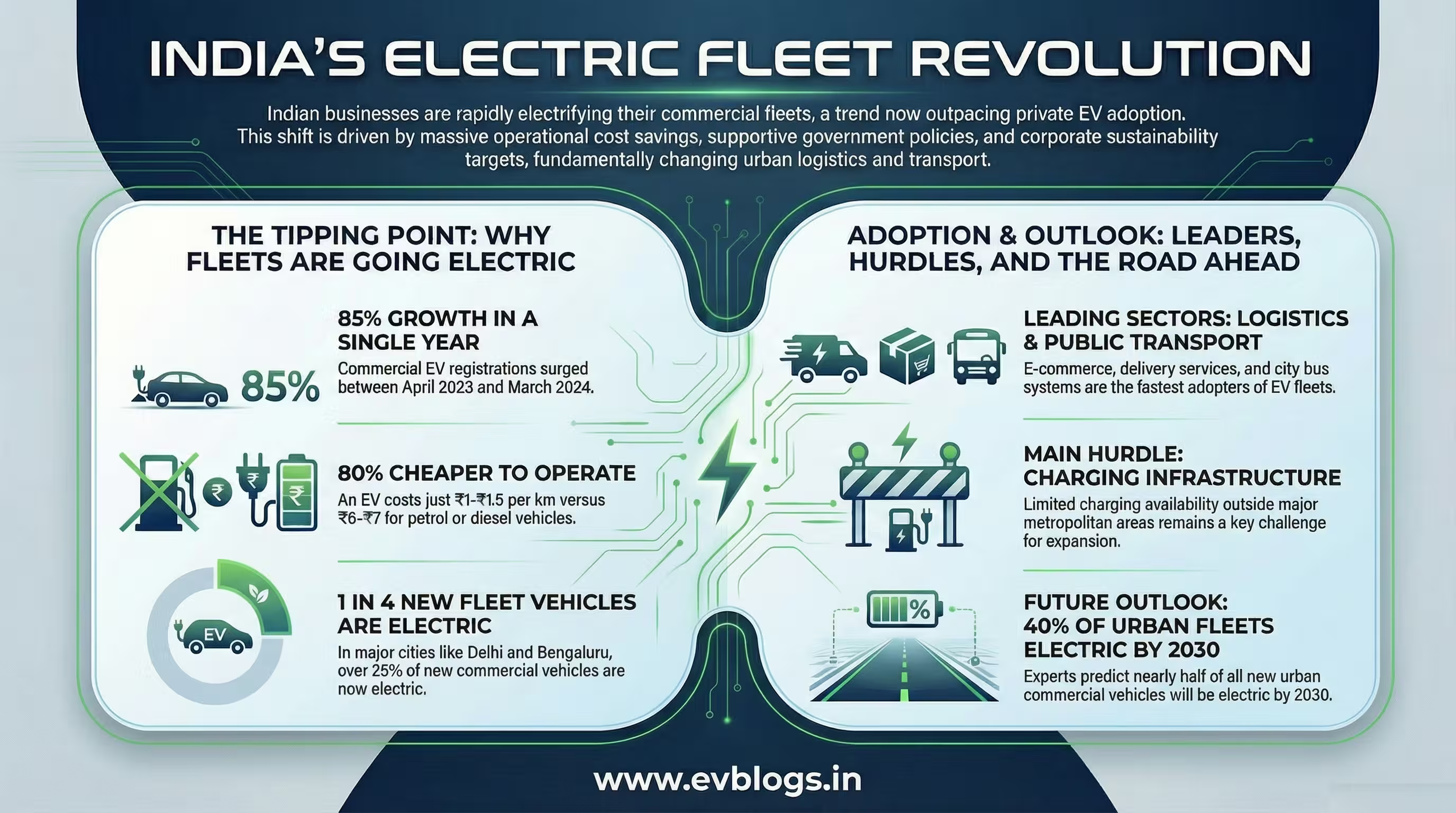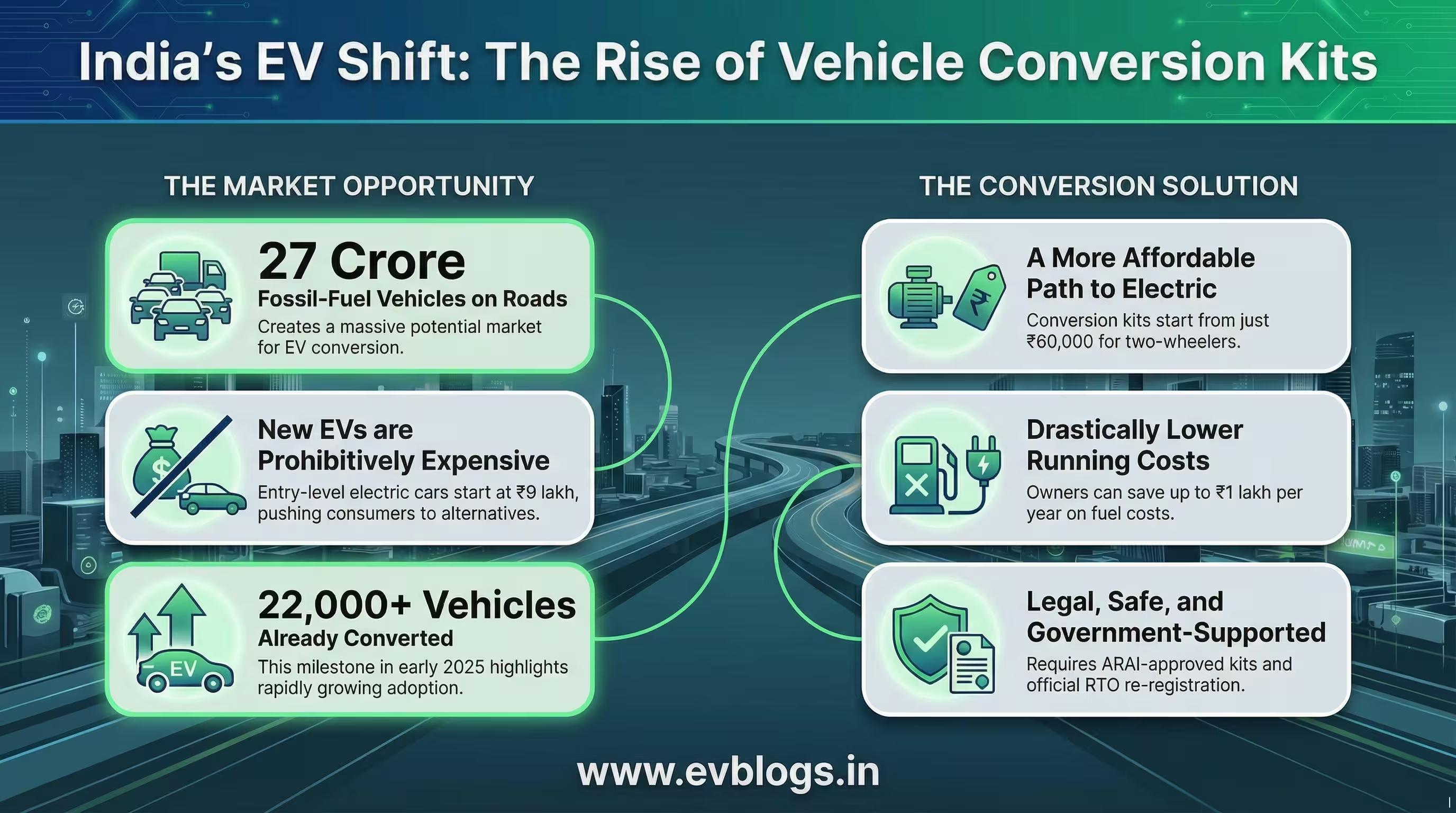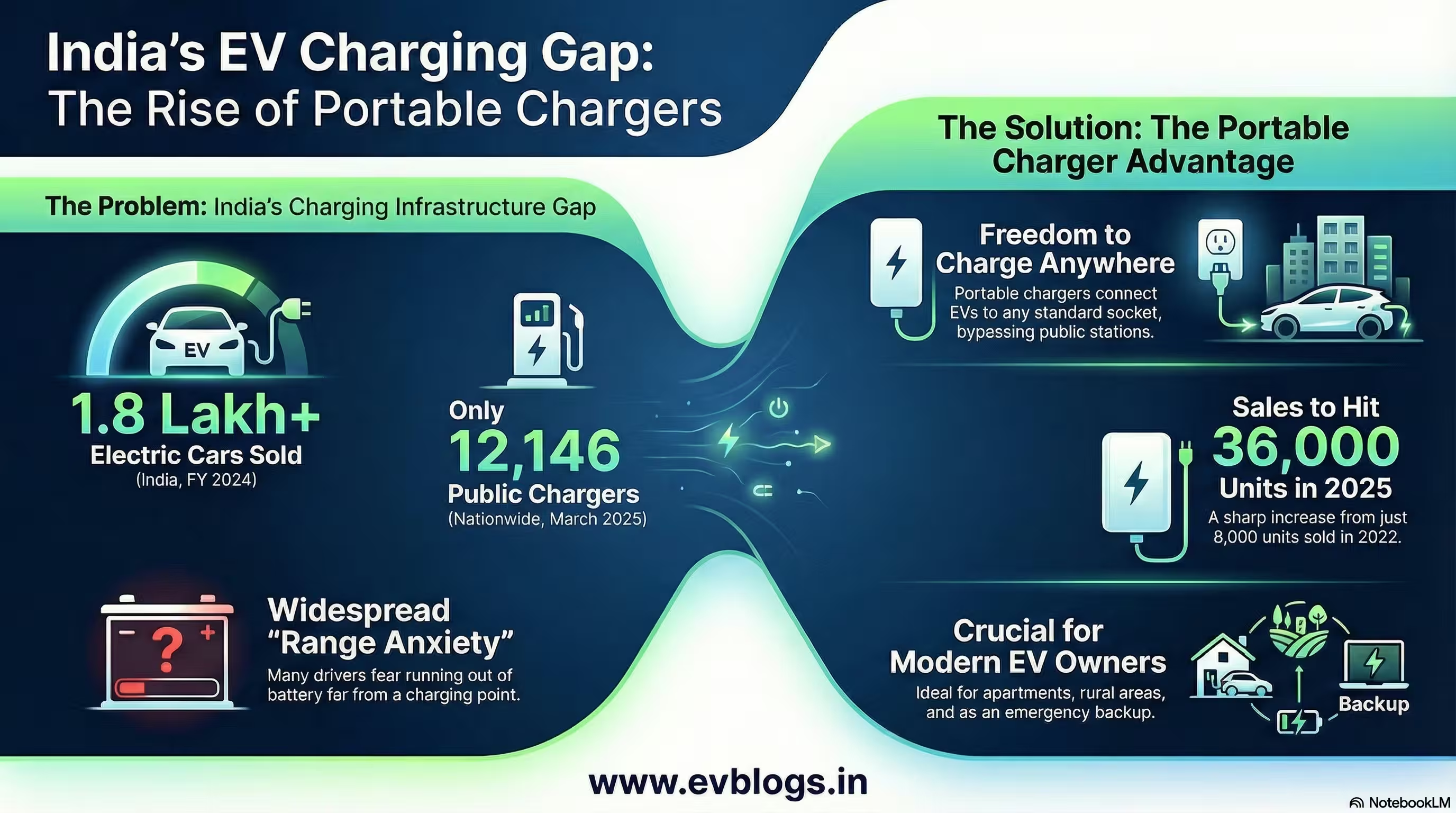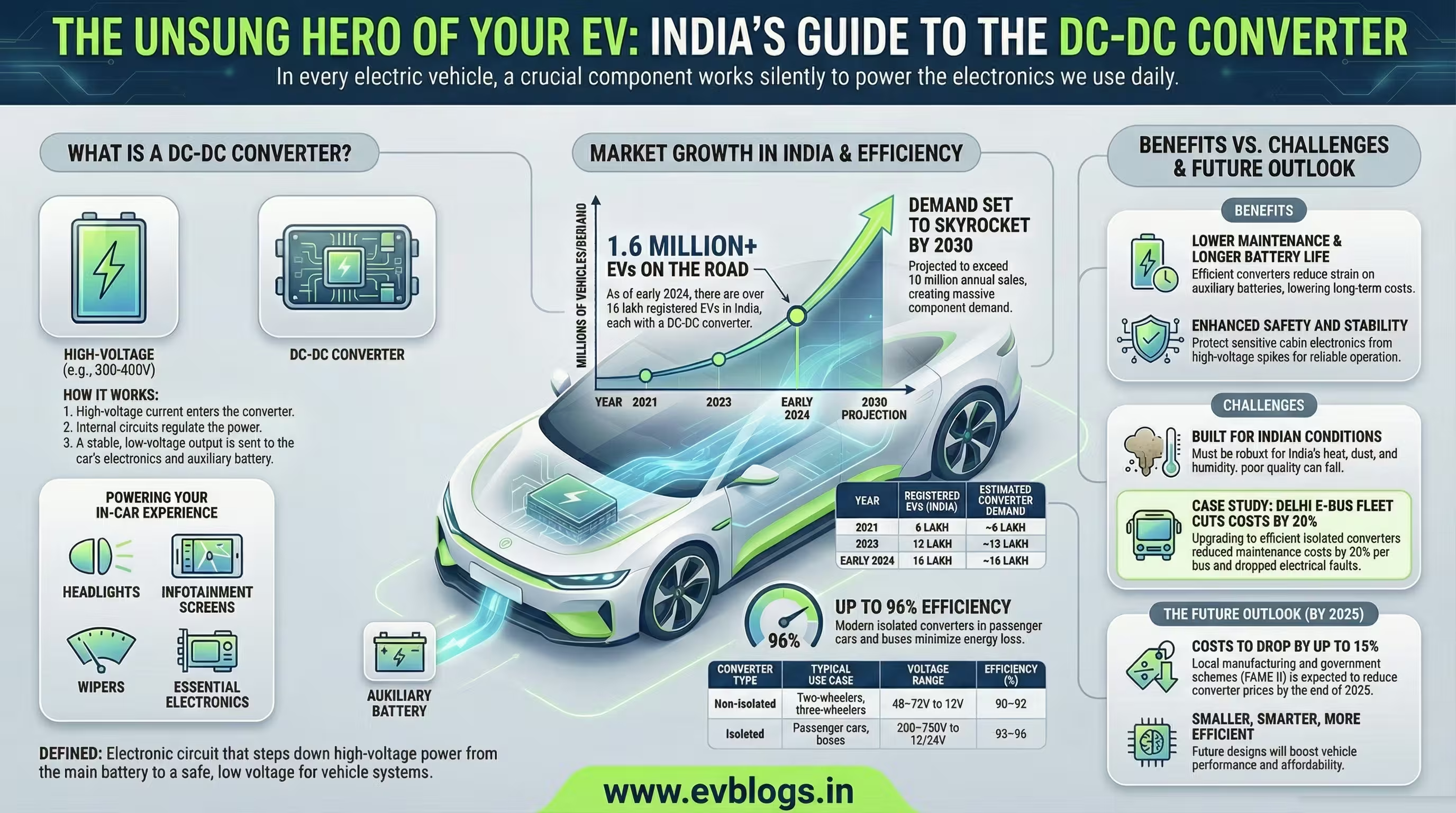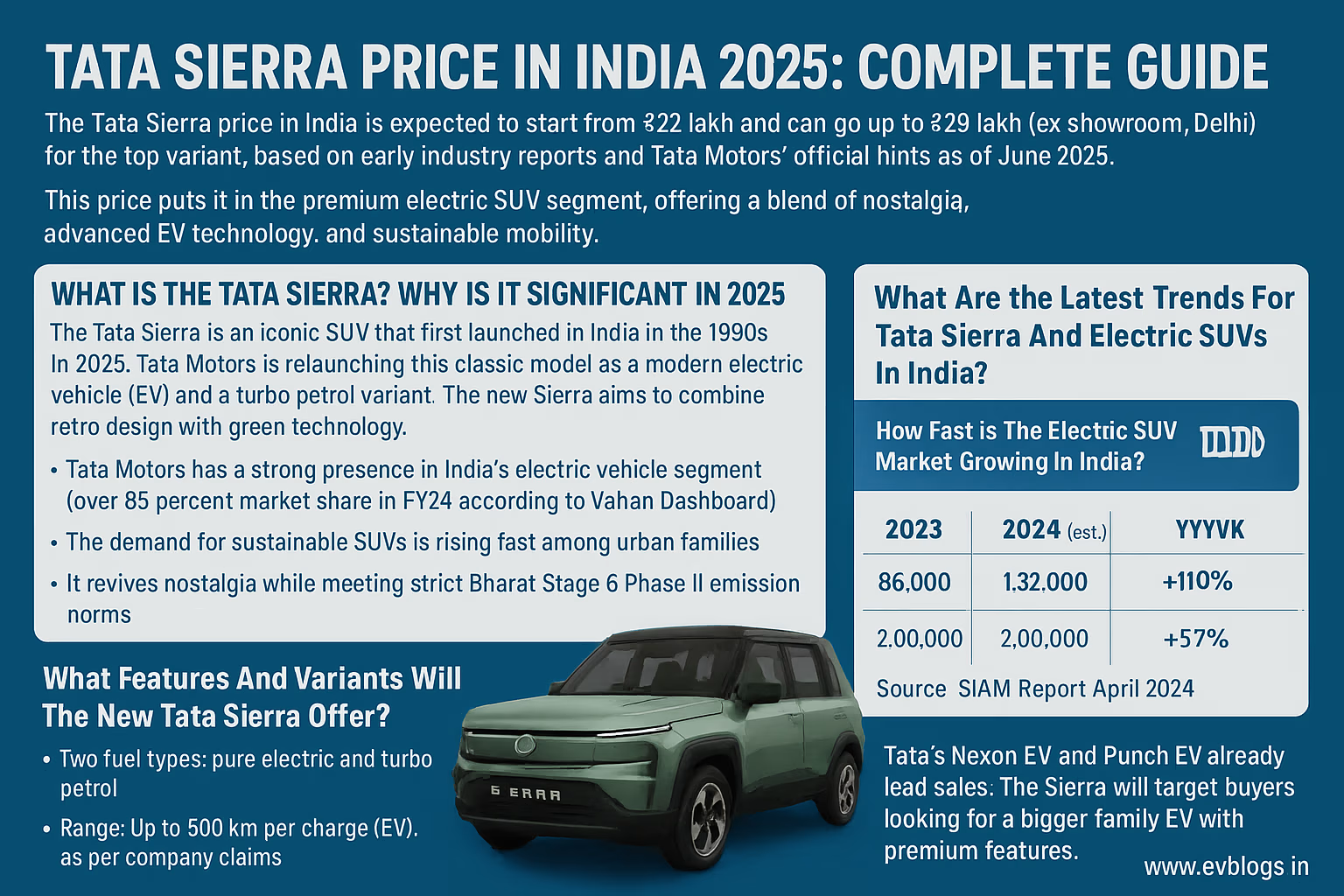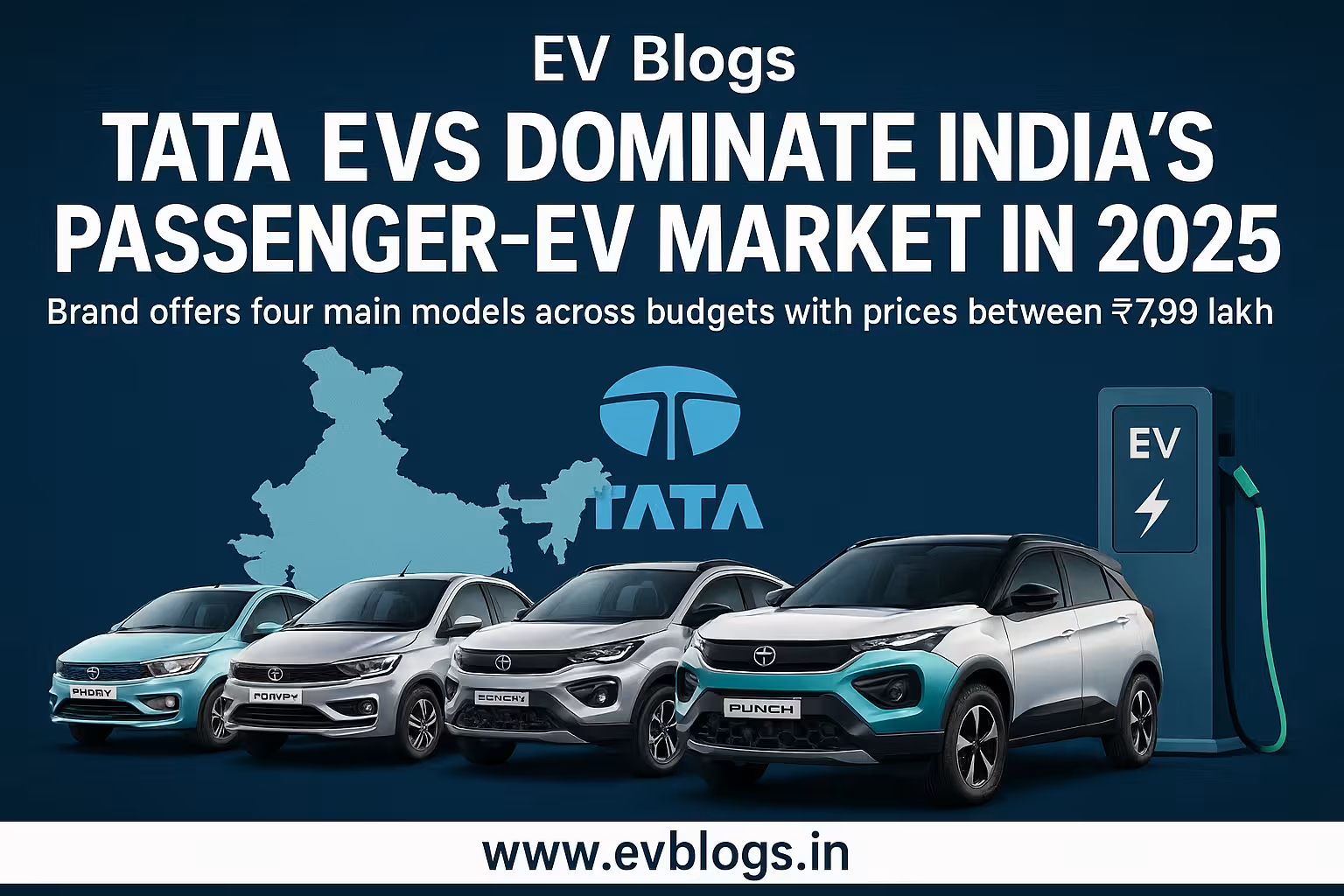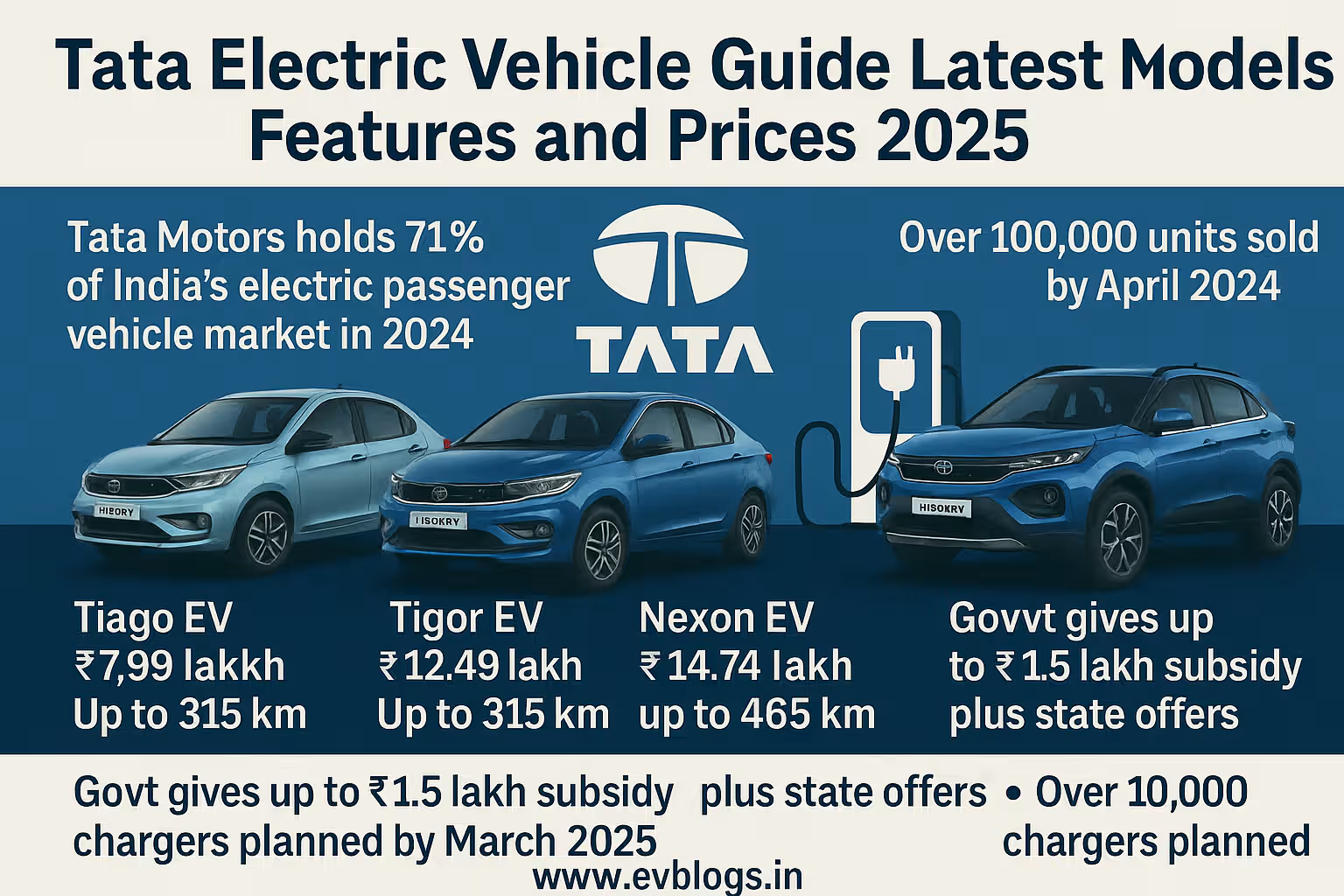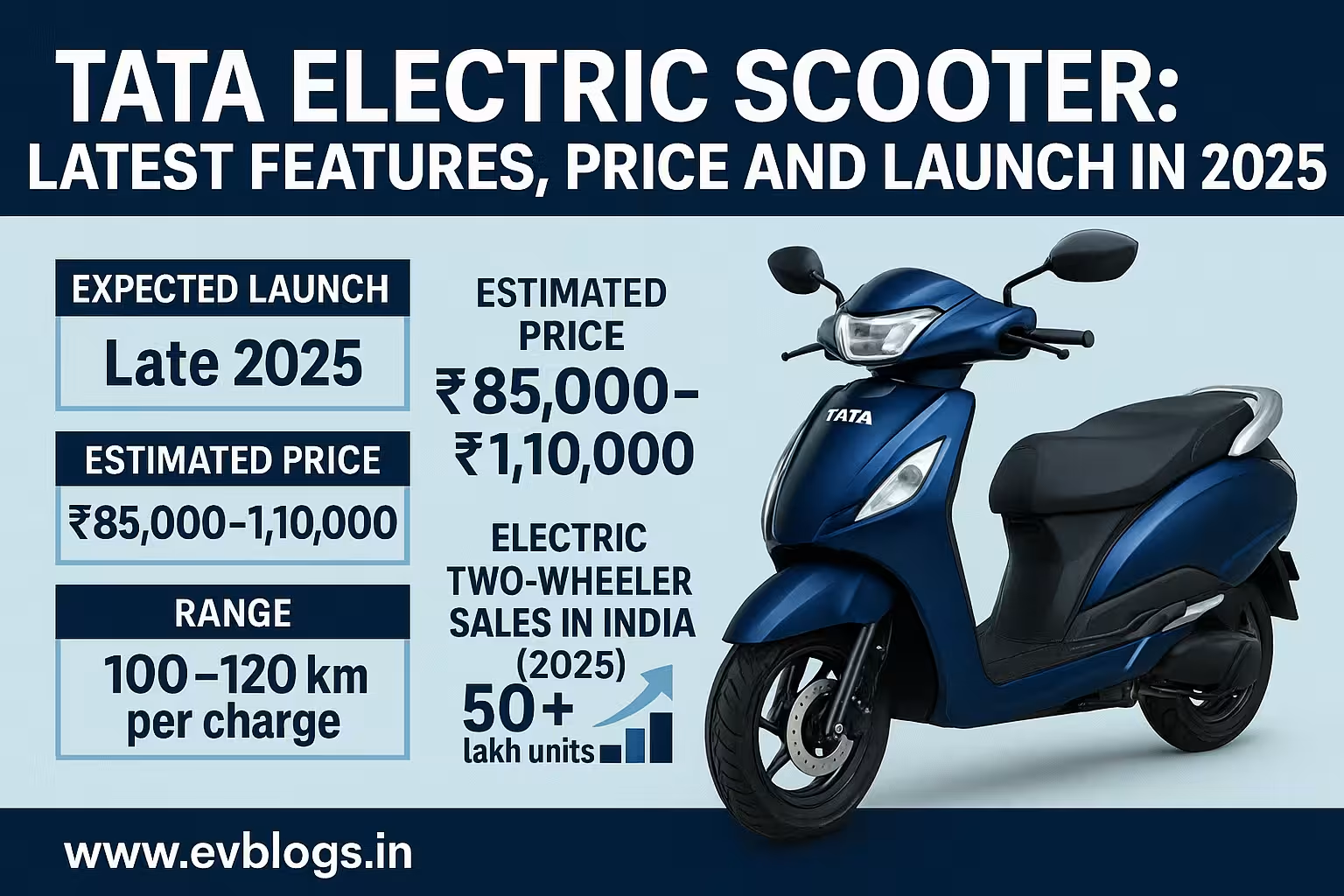Hedhvick Hirav
Hedhvick Hirav is a dedicated EV researcher and editor with over 4 years of experience in India’s growing electric vehicle ecosystem. Their contributions have been recognized in leading sustainability publications and automotive journals.
Summarize & analyze this article with
Choose an AI assistant and open this article directly:
Tip: if the AI doesn’t fetch the page automatically, paste the article URL manually.
*Electric vehicle spare parts are critical to keeping EVs running smoothly across India, especially as adoption rises in 2025. With over 2.1 million electric vehicles already on Indian roads (as per Vahan Dashboard, Ministry of Road Transport and Highways, 2024), the demand for reliable EV spare parts—like batteries, motors, controllers, and chargers—is set to grow by more than 35 percent annually through 2025 [NITI Aayog, 2023]. This article explains what electric vehicle spare parts are, why they matter now in India, current market trends, prices, top suppliers, and practical tips for buyers and businesses.
What Are Electric Vehicle Spare Parts?
Electric vehicle spare parts are the components and systems needed to repair or maintain an EV. Unlike petrol or diesel vehicles that use engines and gearboxes with many moving parts, EVs rely mainly on:
- Batteries (lithium-ion or LFP)
- Electric motors
- Controllers and inverters
- On-board chargers
- Battery management systems (BMS)
- Power electronics
- Sensors and wiring harnesses
- Brake pads (regenerative braking reduces wear)
- Tyres designed for low rolling resistance
These parts ensure performance, safety, and longer life of electric vehicles—whether it’s a two wheeler e scooter or a commercial electric bus.
Why Do Electric Vehicle Spare Parts Matter in 2025 India?
How Big Is the Spare Parts Market for EVs Now?
India’s EV sector is expanding fast. By March 2025, the country is expected to cross 3 million registered electric vehicles (Vahan Dashboard). The replacement market for EV spare parts is forecasted to touch ₹8,500 crore by end of 2025 [Statista & SIAM Industry Report].
Table 1: Key Electric Vehicle Spare Parts Demand in India (2024–25)
| Part Type | Market Share (%) | Avg. Replacement Cycle | Major Suppliers |
|---|---|---|---|
| Battery Pack | 42 | Every 4–6 years | Exide, Tata AutoComp |
| Motor & Controller | 18 | Every 6–8 years | Bosch India, Lucas TVS |
| Power Electronics | 15 | Every 5–7 years | Continental AG |
| Chargers | 10 | Every 3–5 years | Delta Electronics |
| Others (Sensors etc.) | 15 | Varies | Varroc Engineering |
Source: SIAM & NITI Aayog Industry Analysis
What Are the Key Trends in Electric Vehicle Spare Parts in India?
Are Indian-Made Spare Parts Meeting Quality Needs?
Yes. Over half of all EV spare parts sold in India in 2024 were made locally—up from just 22 percent five years ago [Auto Component Manufacturers Association (ACMA) Annual Report]. Localisation helps reduce cost by about 20 percent versus imported parts.
What About Costs and Availability?
EV battery prices have fallen from ₹19,000/kWh in 2019 to below ₹12,000/kWh in late 2024 [Statista]. Common spares like sensors and BMS units are available at most authorised service centres. However:
- Genuine batteries still face supply delays due to high demand.
- Many urban areas now see doorstep delivery options via online platforms like Greaves Spares.
- Rural reach remains limited but is improving.
How Do You Choose the Right Electric Vehicle Spare Parts?
What Steps Should Buyers Take?
- Check Compatibility: Confirm part model matches your vehicle make (e.g., Ola S1 vs TVS iQube).
- Buy from Authorised Dealers: Ensures warranty and authenticity.
- Compare Prices: Use online platforms like Boodmo or OEM websites.
- Look for ISI/BIS Certification: Mandatory for safety-critical parts since March 2024.
- Ask About After-Sales Support: Especially for batteries and motors.
Who Supplies Most EV Spare Parts in India?
Leading brands include Exide Industries (batteries), Bosch India (motors), Tata AutoComp Systems (electronics), Lucas TVS (controllers), Amara Raja Batteries, Varroc Engineering (lighting & electronics), Continental AG (power electronics).
Table 2: Top Suppliers of Key EV Spare Parts & Their Market Share
| Supplier Name | Main Products | Estimated Market Share (%) |
|---|---|---|
| Exide Industries | Batteries | 32 |
| Bosch India | Motors/Controllers | 21 |
| Tata AutoComp Systems | Power Electronics | 13 |
| Lucas TVS | Controllers | 11 |
| Amara Raja Batteries | Batteries | 9 |
Source: ACMA Rankings Q1–Q2 FY25
Pros and Cons of Current Indian EV Spare Parts Sector
Pros
- Growing local manufacturing lowers costs
- Faster supply chains in major cities
- Increasing technical skills among mechanics
- More warranty-backed options
Cons
- Rural access is still limited
- Some imported high-tech spares remain expensive
- Counterfeit risk if buying outside authorised channels
Future Outlook: What’s Next for Electric Vehicle Spare Parts in India?
By end of FY26, experts expect:
- Local content to rise above 70 percent for most EV spares [NITI Aayog]
- Online ordering with same-day delivery common even outside metros
- Used/second-life batteries market to emerge for affordable replacements
- More government regulations around quality standards
As Make-in-India pushes ahead and more Indians switch to greener transport options, the need for robust supply chains and trained technicians will keep growing.
Quick Recap: Key Facts & Stats
- Over 3 million electric vehicles will be on Indian roads by March 2025.
- EV spare parts market projected at ₹8,500 crore by end of FY25.
- Battery packs account for about 42 percent of spares demand.
- Local manufacturing now meets more than half of India’s needs.
- Online availability is rising but rural access still lags behind.
People Also Ask
Q1: Which spare part is most expensive to replace in an electric vehicle?
A: The battery pack is usually the costliest part; replacement can cost between ₹70,000–₹1.8 lakh depending on the model.
Q2: Are genuine EV spare parts easily available outside big cities?
A: Availability is improving but remains best in Tier I/II cities; rural areas may face delays.
Q3: Can I use aftermarket or refurbished parts on my electric two wheeler?
A: It’s possible but not recommended unless certified; using non-genuine spares may void your warranty.
Q4: How often do I need to replace major EV components?
A: Batteries last about four to six years; motors can last up to eight years with proper care.
Q5: Which companies are leading suppliers of electric vehicle spare parts in India?
A: Top names include Exide Industries, Bosch India, Tata AutoComp Systems, Lucas TVS.
Q6: Where can I find official prices or buy authentic EV spares online?
A: Visit OEM websites like Tata Motors or authorised platforms such as Boodmo.com or Greaves Spares.
Ready to Keep Your Electric Vehicle Running Smoothly?
Explore trusted suppliers near you or check official OEM websites for genuine electric vehicle spare parts today. For expert advice and updates on latest prices or new launches, follow industry sources like ACMA (acma.in), SIAM (siam.in), or visit your nearest authorised dealer!


